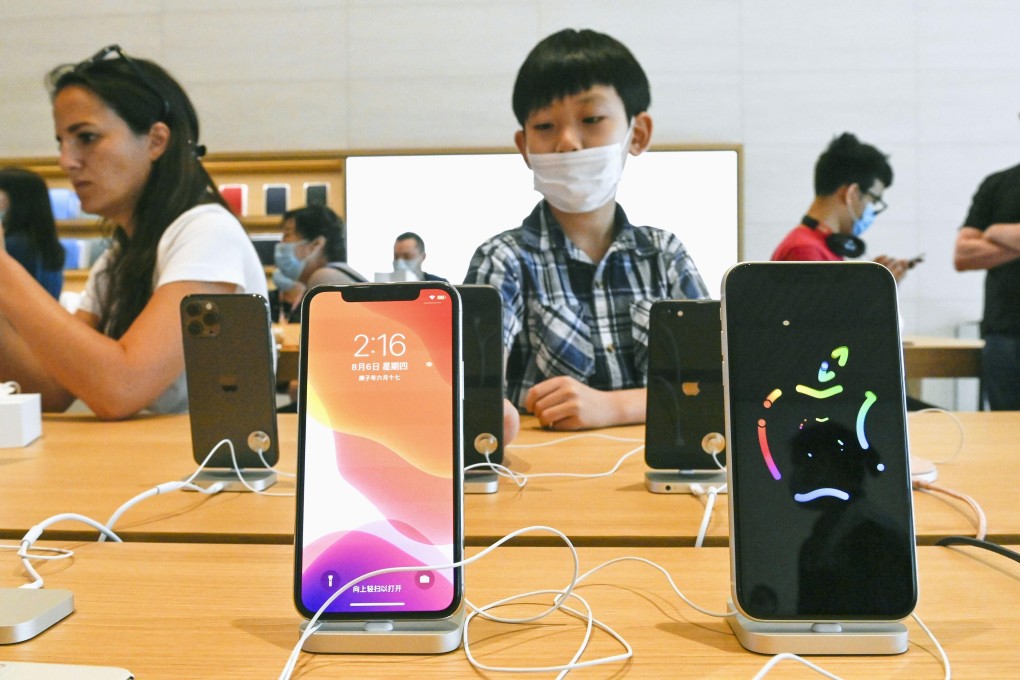Apple’s climate promise depends on Taiwanese partners TSMC, Foxconn going green
- Seventy-one of Apple’s hundreds of suppliers have committed to using only renewable energy
- Taiwanese companies make up an outsize proportion of Apple’s suppliers because of their dominance in sectors such as made-to-order chips and electronics contract manufacturing

Apple has gone carbon neutral. But to say the same for its flagship iPhone, it is going to need help from Taiwan.
That is changing though. The Taiwanese firms are installing solar panels and buying power from offshore wind farms in line with Apple’s target of having all of its products be carbon-neutral by 2030. It underscores how climate pressure is increasingly coming not only from activists, but from within the company’s own supply chains.
So far, 71 of Apple’s hundreds of suppliers have committed to using only renewable energy, about 8 gigawatts worth, or more than the peak power demand for the entire nation of Singapore. Once completed, these commitments will avoid over 14.3 million metric tonnes of greenhouse gases annually – the equivalent of taking more than 3 million cars off the road each year.
Taiwanese companies make up an outsize proportion of Apple’s suppliers worldwide because of their dominance in sectors such as electronics contract manufacturing and made-to-order semiconductors.